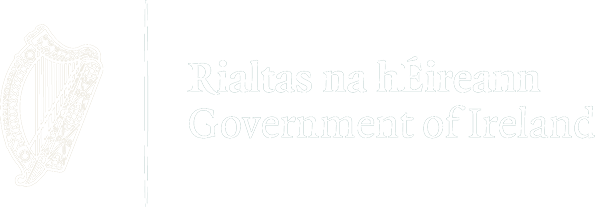Apprenticeships
What is an Apprenticeship?
Apprenticeship is defined as a programme of structured education and training which formally combines and alternates learning in the workplace with learning in an education or training centre.
An Apprenticeship is a programme of structured education and training which formally combines and alternates learning in the workplace with learning in an education or training centre. It is a dual system, which is a blended combination of on-the-job employer-based training and off-the-job training which prepares the participant for a specific occupation, and leads to a qualification nationally recognised on the National Framework of Qualifications from Level 5 – Level 10.
Apprentices earn while they learn and build valuable work-ready skills in a chosen occupation. Apprenticeships open up exciting and rewarding careers, with learning grounded in the practical experience of undertaking a real job.
Apprenticeships are available in the following sectors; Biopharma, Construction, Electrical, Engineering, Finance, Hospitality, ICT, Logistics, Motor and Property Services, with many more in development.
Apprentices are employed by an approved employer for the duration of the programme which is generally between 2-4 years. Apprenticeship programmes typically provide at least 50% workplace-based learning.
Standard Based (Craft) Apprenticeships are the 26 Traditional Apprenticeships (established pre-2016) encompassing the 5 industry sectors of Construction, Electrical, Engineering, Motor and Print.
These apprenticeships are a dual system incorporating a blended combination of on-the-job employer-based training and off-the-job training in an education or training centre consisting of 7 Phases in a 4-year structure. Four phases i.e. Phases 1, 3,5 & 7 are completed on-the-job with the employer. Phase 2 is completed in an Education & Training Board (ETB) Training Centre and Phase 4 and 6 are completed in an Institute of Technology (IT). Mayo, Sligo and Leitrim ETB (MSLETB) deliver some of the off-the-job Phase 2 apprenticeships in our training centres in Sligo and Ballina. (Electrical, Carpentry, Toolmaking, M.A.M.F, Electrical Instrumentation & Electrical Instrumentation) An Advanced Certificate – Craft (Level 6) on the National Framework of Qualifications (NFQ) is awarded on the successful completion of one of these apprenticeships.
New Generation Apprenticeships (established post 2016), are comprised of 26 validated apprenticeships to date (with many more in development). These encompass the industry sectors of ICT, Hospitality & Food, Finance, Engineering, Logistics & Services, Auctioneering and Biopharma. These apprenticeships have a range of structures and delivery modes with qualifications that range from Level 5 – 10 on the National Framework of Qualifications (NFQ).
MSLETB are the National Lead Coordinator for the 2-year Butchery Apprenticeship Programme (QQI Level 5). The Commis Chef & ICT Apprenticeships are also delivered in MSLETB.
Additionally, MSLETB are a Collaborating Provider for the 2-year ICT Software Developer, Cybersecurity and Network Engineer Apprenticeship Programmes (all of which are at QQI Level 6) which will be commencing shortly in our MSLETB Training Centre in Sligo.
Additional information can be found on www.apprenticeship.ie
Entry Requirements:
- Gain employment with an approved employer.
- Educational and age criteria vary depending on the apprenticeship. Check www.apprenticeship.ie for entry requirements.
- A pre-screening process occurs in some apprenticeship programmes. Potential applicants should go through ETB for approval onto a course. Applicants should please liaise directly with MSLETB for information on this.
Benefits for Employers:
Apprenticeships are based on uniform, pre-specified and industry agreed standards.
Apprenticeships comply with current and future needs of the chosen occupation through the systematic development and assessment of skills, knowledge and competencies. Apprentices become more productive and reach efficient worker standards more quickly.
Employers wishing to recruit apprentices may advertise their vacancies on Jobs Ireland and also on www.apprenticeshipjobs.ie. However, before registering an apprentice, employers must contact the Apprenticeship Team to ensure that they are approved to recruit apprentices. For an employer to get approved to train apprentices in a particular occupation they must demonstrate that they have the capacity and the ability to provide quality, relevant on-the-job training to apprentices as per the requirements of the national apprenticeship programme and the statutory apprenticeship system overall.
Please contact MSLETB for further information.




